One of open government’s tallest pillars is the residents’ ability to be in the room when those they’ve elected to represent them decide how to spend their money or alter their town.
That pillar strained like never before this spring under the weight of the coronavirus and the stay-at-home orders, business closures and community and governmental cancellations that followed the outbreak.
And while COVID-19 is a continuing reality in most towns in Bucks and Montgomery counties, local governments are gradually resuming meetings that, by law, must be accessible to the public.
Towns have tried to strike that balance through the use of live-streaming technology with call-in, email or text-in forms of public participation. Some have even used web conferencing platforms like Zoom to gather remotely and allow the public to join in.
In townships with no controversial issues on the upcoming summer agendas, the change should be minimal. Attendees will generally be required to wear masks, socially distance in the audience (not difficult if only a few residents turn out for meetings) and agree to have their temperatures taken when they arrive.
But towns with hot-button topics and packed meetings will need to be thoughtful about how they’re giving the public its access when a COVID-era capacity crowd, in some towns, doesn’t exceed single digits.
Here are a few ideas we like. We support the use of overflow rooms where residents can gather in a second room and watch the proceedings.
Some developers arrive at municipal meetings accompanied by attorneys, engineers, landscape architects and other consultants. It makes sense to us that their teams should be required to wait outside until it’s their turn to present.
Municipalities should be quick to seek out other venues when meetings are expected to bring substantial crowds. Before the coronavirus, it wasn’t unusual to see important meetings moved to a local public school auditorium. We understand that school districts might be less willing to allow outside groups to use their facilities with COVID-19 still spreading. But we urge districts to do what they can to accommodate such requests in the name of good government.
Busier towns with a reliable contingent of meeting attendees should also consider using sign-up sheets and establishing a rotation of audience members.
Township staff, elected officials and residents all have a role to play in making these meetings work. If all parties approach the matter with understanding, flexibility and a willingness to adapt, they can turn their attention to the business of running the town.



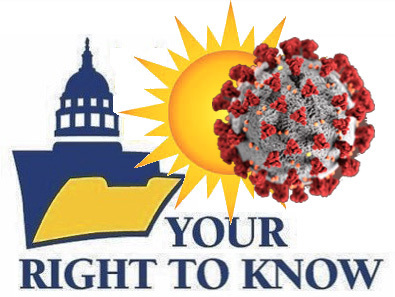


 Your new post is loading...
Your new post is loading...

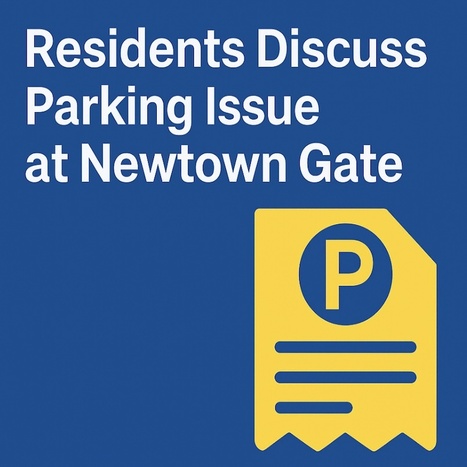
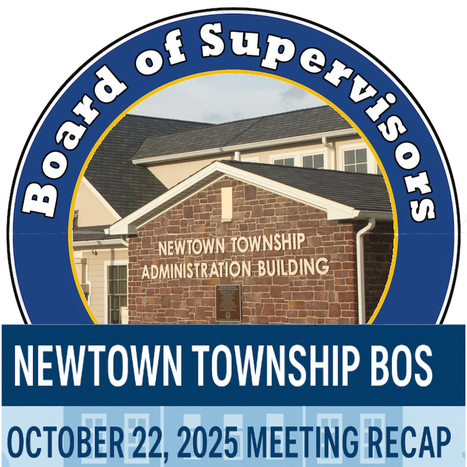

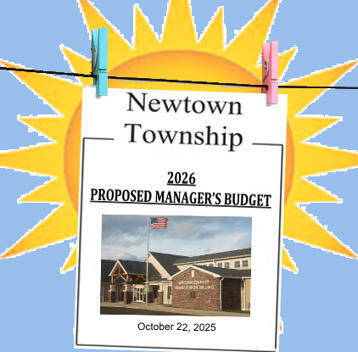
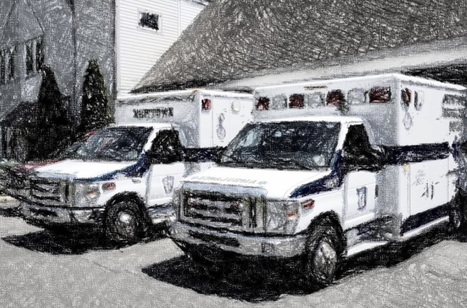


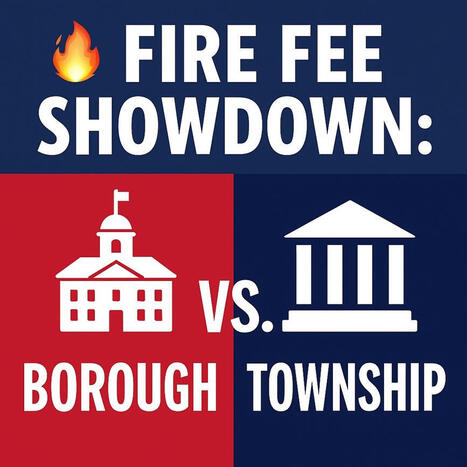

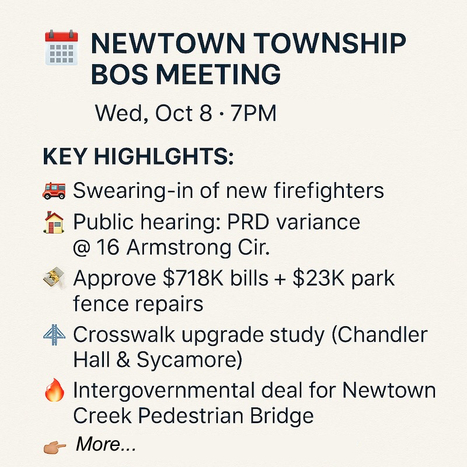
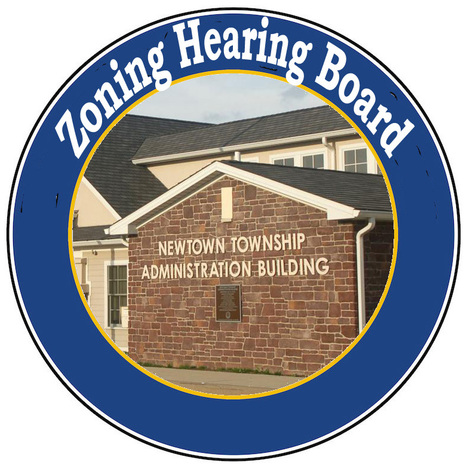






The more Zoom "public" meetings hosted by Newtown Township (e.g., Board of Supervisors and Planning Commission meetings,, etc.), the less actual public input we get.
Despite my best efforts, I cannot convince the BOS to allow the general public to directly participate in its "public" Zoom meetings.
I'm told that there would be too many people trying to speak at the same time and that would disrupt the meeting. Yes, one Zoom BOS meeting was “zoom bombed, but Zoom has increased security such as requiring the implementation of the “waiting room” feature. The meeting moderator can admit only recognized participants to join the meeting.
Currently, the only way for residents to participate in BOS Zoom meetings is to submit questions/comments via email to comments@newtownpa.gov before and during the meeting. All comments will be read, but so far many meetings do not include any resident comments at all! Luckily, important matters are being delayed until live meetings can be scheduled – probably in September.
Related Content: